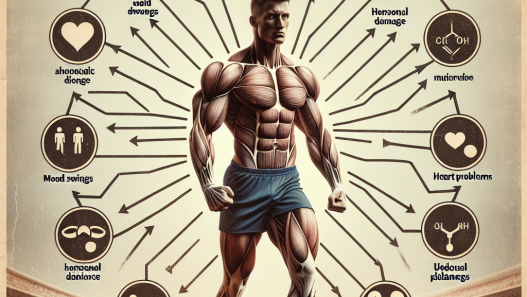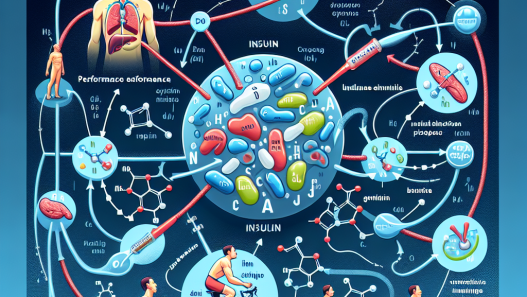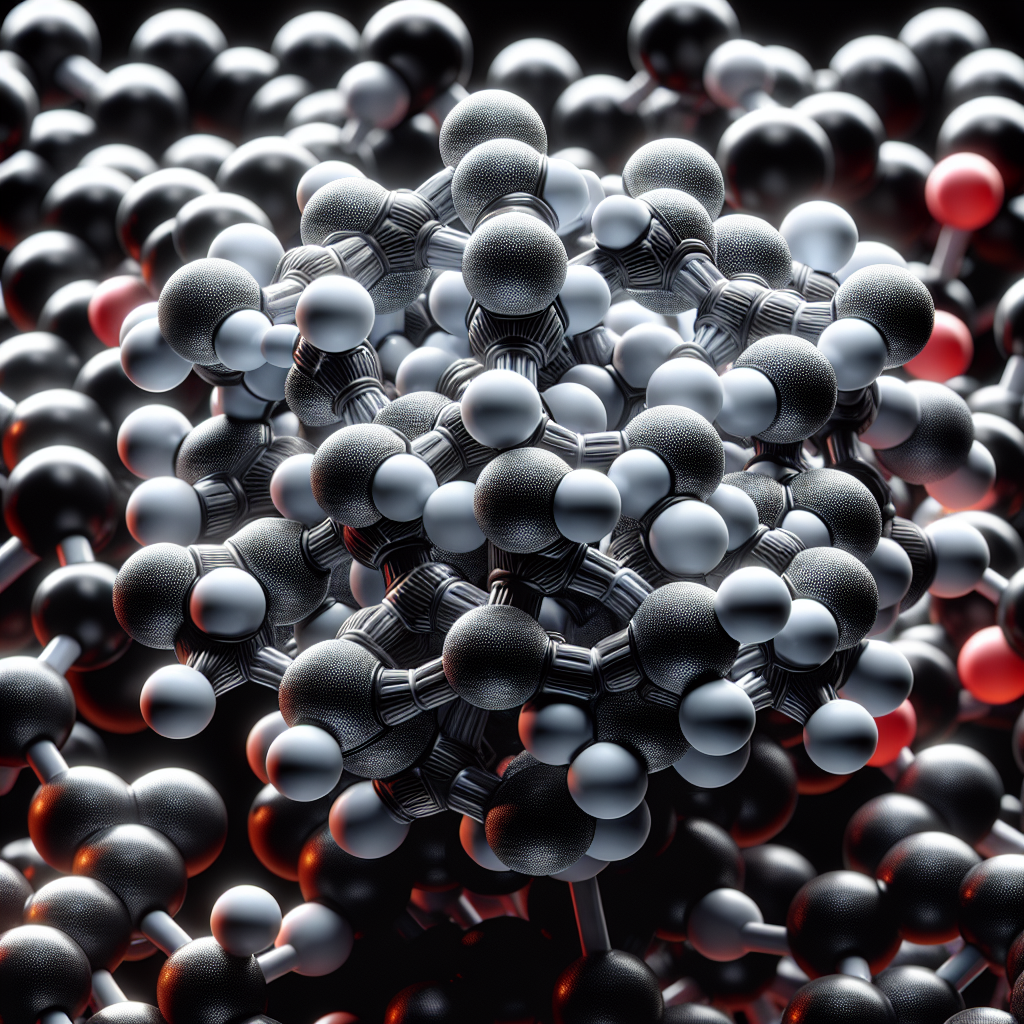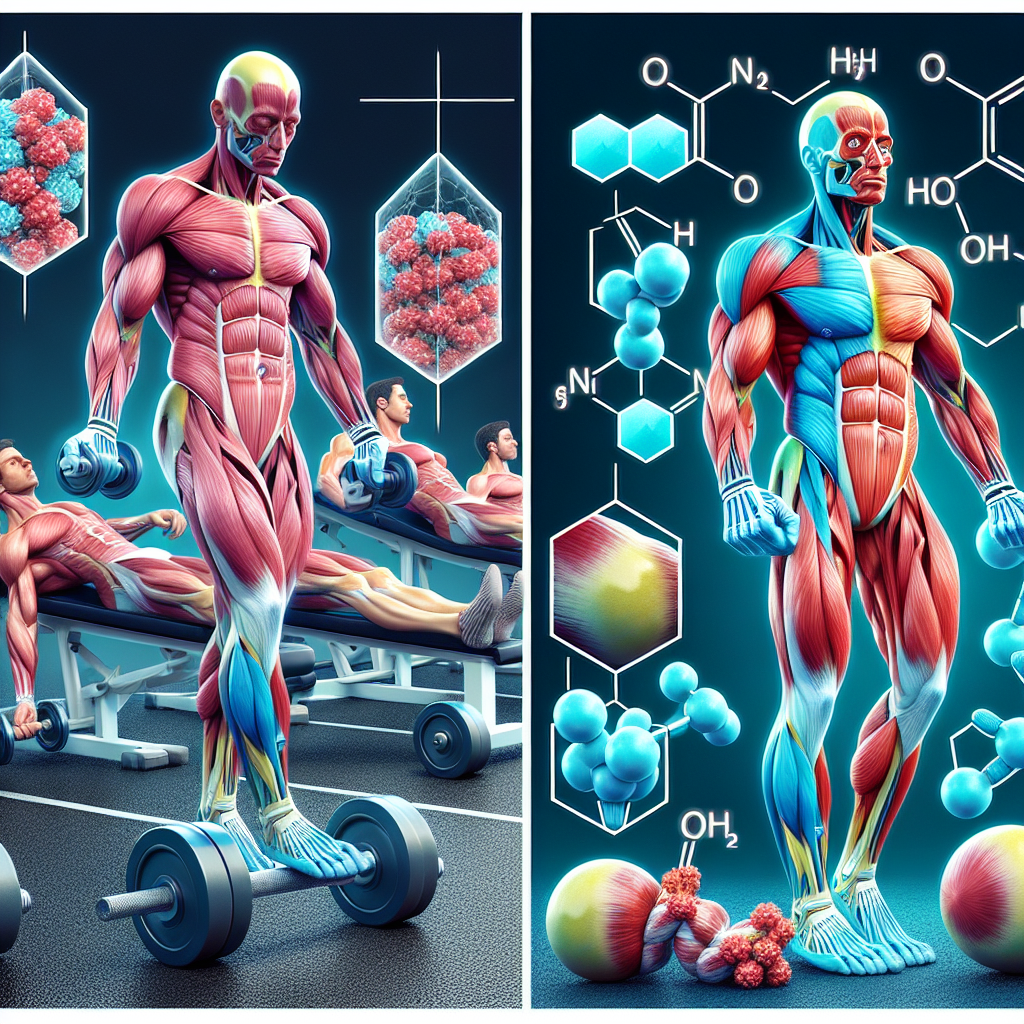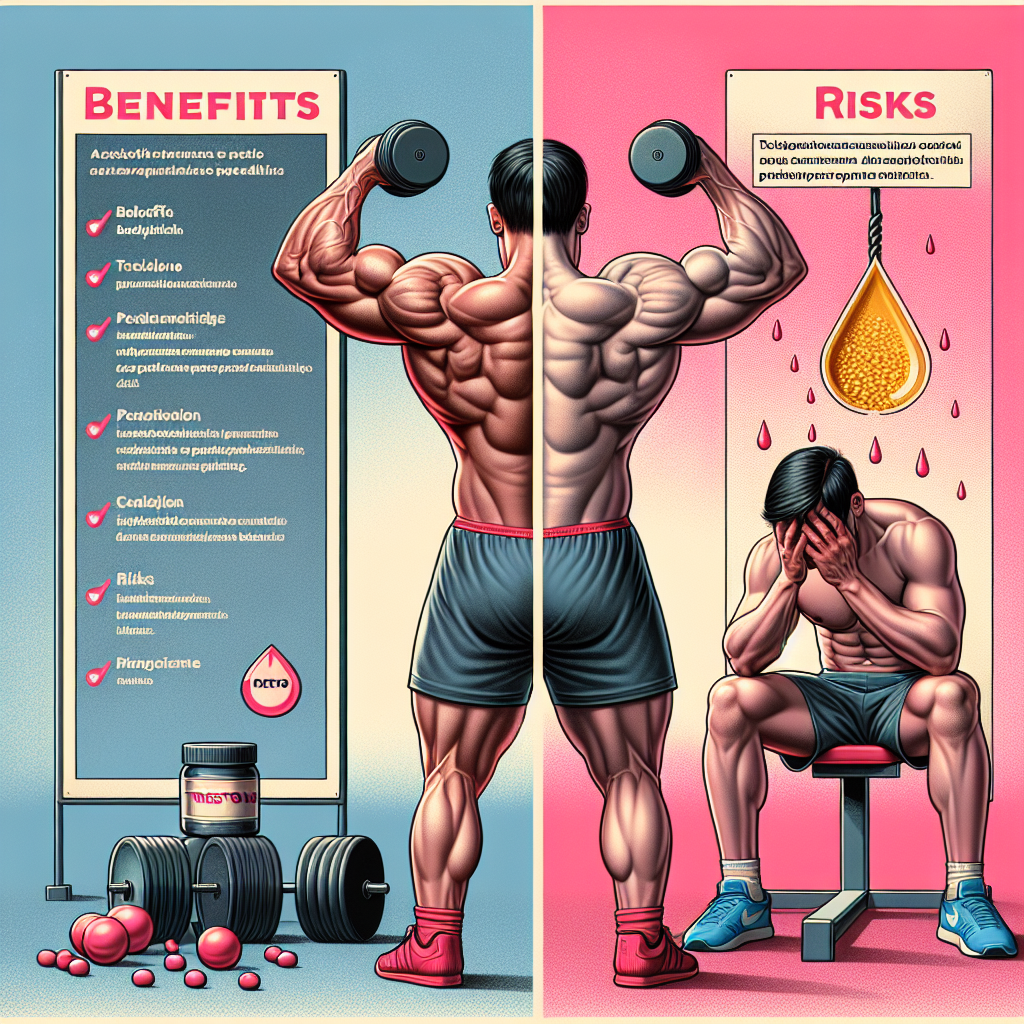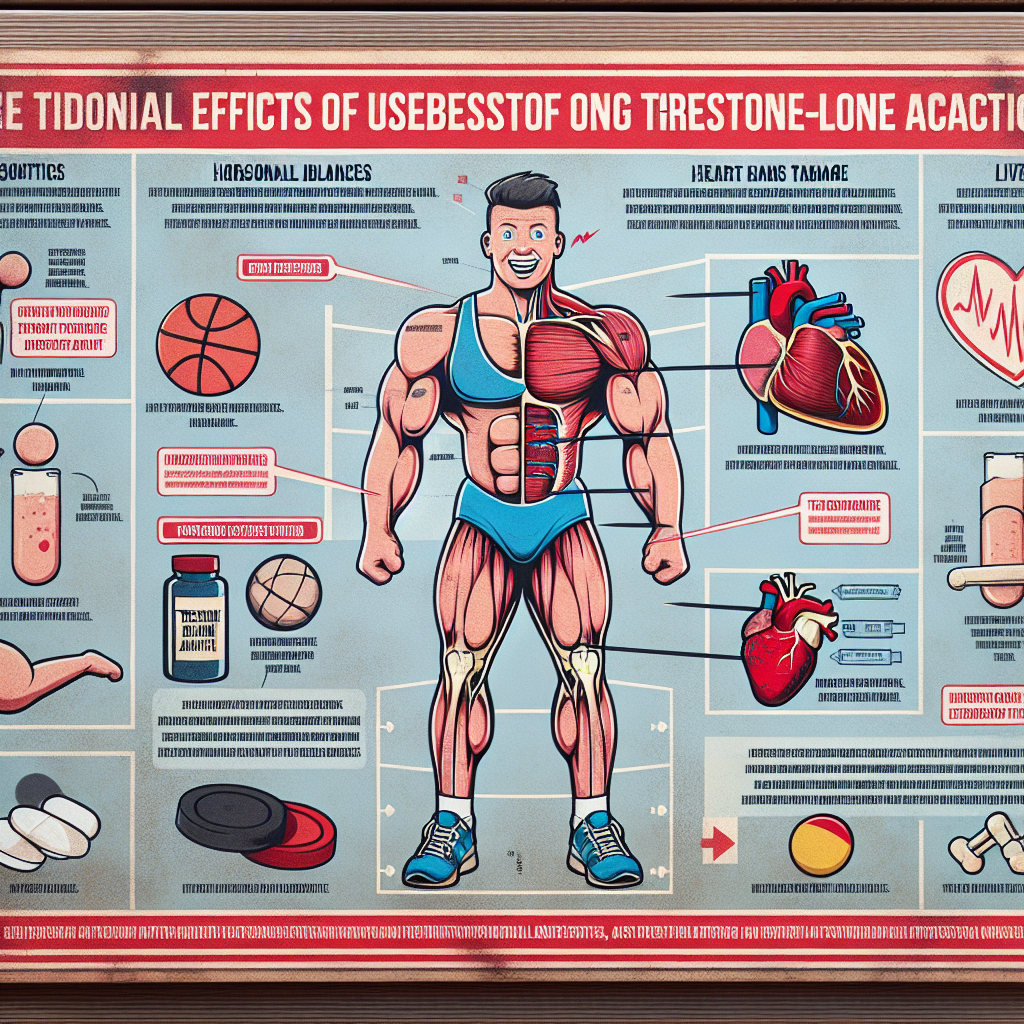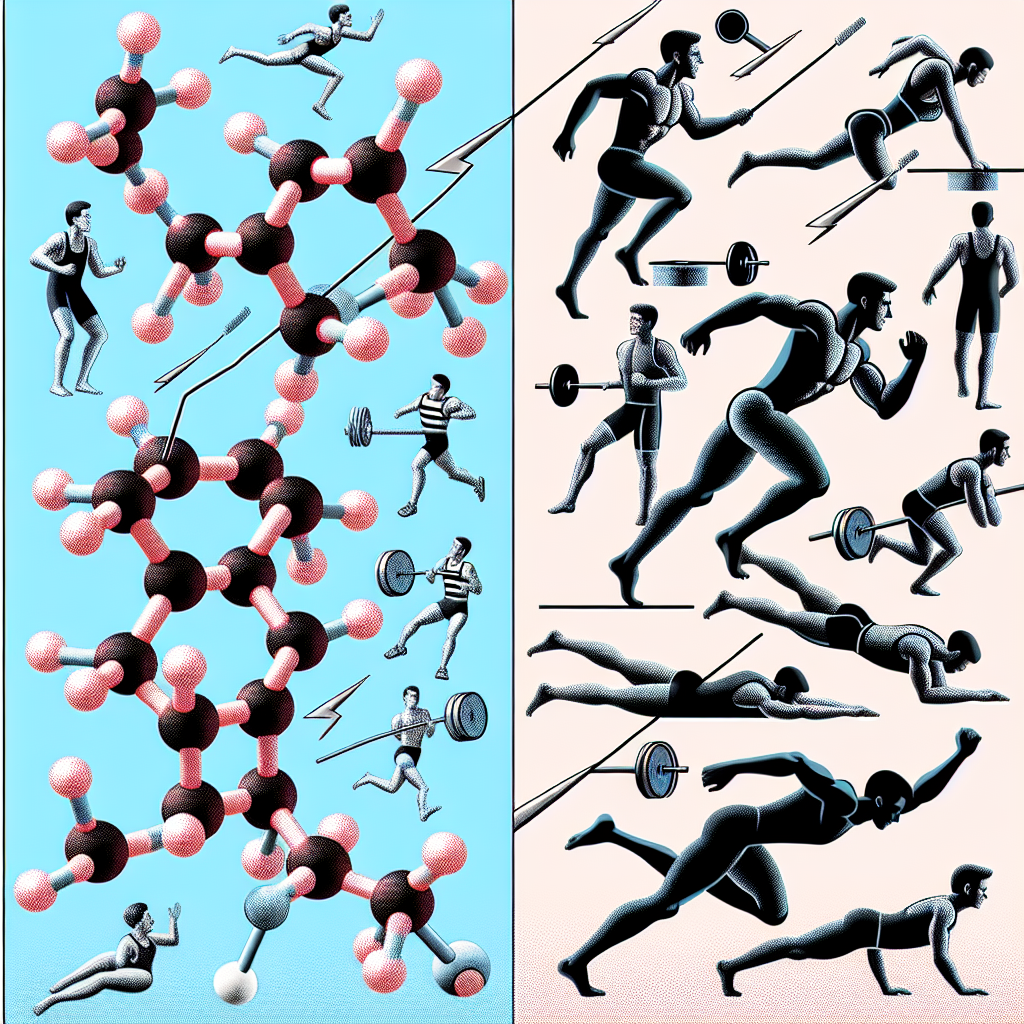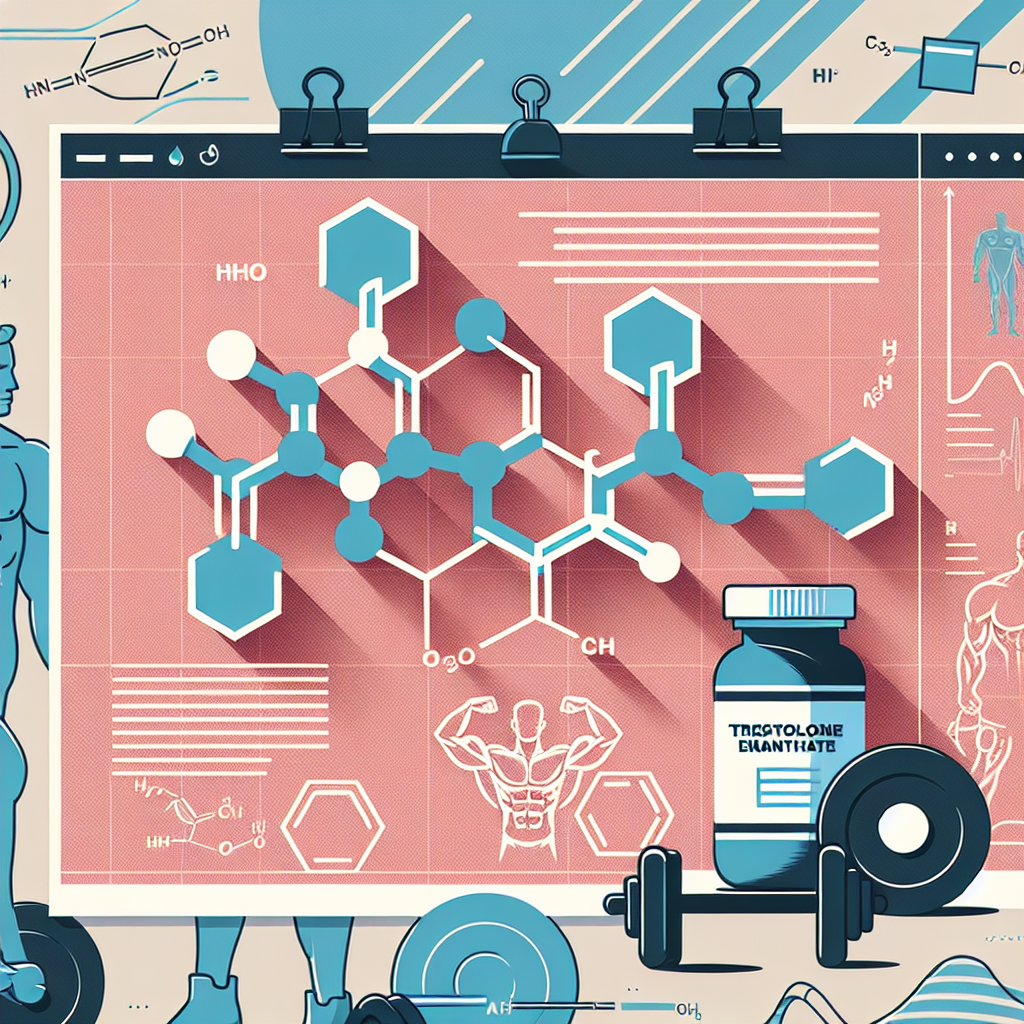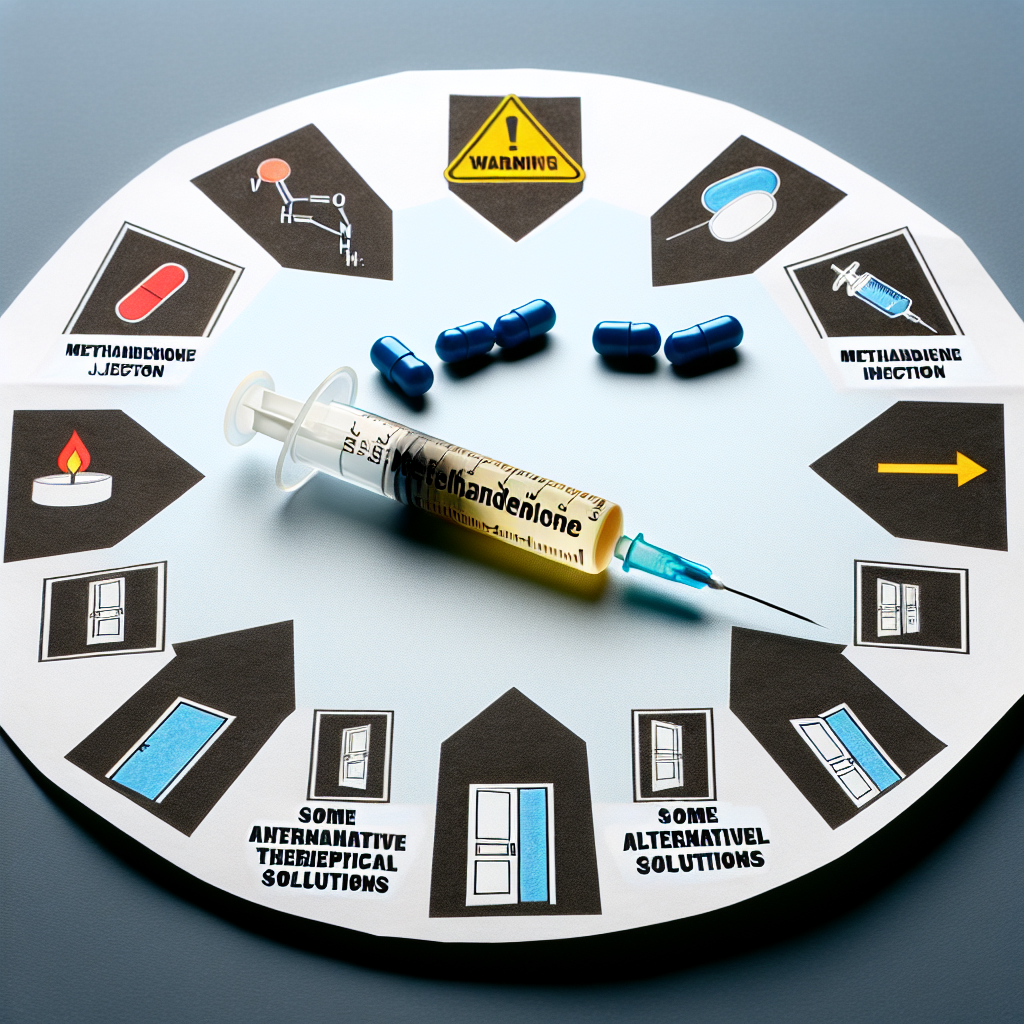-
Table of Contents
Ethical Implications of Turinabol Use Among Athletes
Performance-enhancing drugs (PEDs) have been a controversial topic in the world of sports for decades. Athletes are constantly seeking ways to gain a competitive edge, and unfortunately, some turn to the use of banned substances to achieve their goals. One such substance that has gained attention in recent years is turinabol, a synthetic anabolic-androgenic steroid. While it may provide short-term benefits in terms of athletic performance, the use of turinabol raises serious ethical concerns. In this article, we will explore the ethical implications of turinabol use among athletes and the impact it has on the integrity of sports.
The Rise of Turinabol in Sports
Turinabol, also known as 4-chlorodehydromethyltestosterone, was first developed in the 1960s by East German scientists as a means to enhance the performance of their Olympic athletes. It quickly gained popularity due to its ability to increase muscle mass and strength without causing excessive weight gain or water retention. However, its use was banned by the International Olympic Committee (IOC) in 1974 due to its potential health risks and unfair advantage in sports.
Despite being banned, turinabol continued to be used by athletes, particularly in the world of bodybuilding and powerlifting. In recent years, it has resurfaced in the news due to several high-profile cases of athletes testing positive for the substance. In 2016, Russian athletes were banned from the Olympic Games after a state-sponsored doping scandal involving the use of turinabol was uncovered. This brought the issue of turinabol use among athletes back into the spotlight and raised concerns about its ethical implications.
The Ethical Dilemma
The use of turinabol and other PEDs in sports raises a number of ethical concerns. Firstly, it goes against the spirit of fair play and sportsmanship. Athletes who use turinabol have an unfair advantage over their competitors who choose to compete without the aid of performance-enhancing substances. This not only undermines the integrity of the sport but also puts clean athletes at a disadvantage.
Moreover, the use of turinabol can have serious health consequences for athletes. Like other anabolic steroids, it can lead to a range of adverse effects such as liver damage, cardiovascular problems, and hormonal imbalances. These risks are heightened when the substance is used without proper medical supervision and in high doses, as is often the case with athletes seeking to enhance their performance.
Another ethical concern is the pressure placed on athletes to use PEDs in order to remain competitive. In a highly competitive and lucrative industry, athletes may feel compelled to use turinabol and other banned substances in order to keep up with their peers and secure lucrative contracts. This creates a culture of doping in sports, where the use of PEDs is seen as a necessary means to achieve success.
The Impact on Sports Integrity
The use of turinabol and other PEDs not only has ethical implications but also has a significant impact on the integrity of sports. When athletes use banned substances, it undermines the credibility of their achievements and casts doubt on the legitimacy of their records and titles. This not only affects the individual athlete but also taints the reputation of the sport as a whole.
Moreover, the use of PEDs can also have a negative impact on the health and safety of athletes. As mentioned earlier, the use of turinabol and other anabolic steroids can have serious health consequences. This not only puts the individual athlete at risk but also raises concerns about the well-being of athletes in general. The pursuit of athletic success should not come at the cost of an athlete’s health and well-being.
The Role of Anti-Doping Organizations
In order to address the issue of turinabol use among athletes, anti-doping organizations play a crucial role. These organizations, such as the World Anti-Doping Agency (WADA) and the United States Anti-Doping Agency (USADA), are responsible for enforcing the rules and regulations surrounding the use of banned substances in sports. They conduct drug testing and impose sanctions on athletes who test positive for banned substances.
While these organizations play an important role in maintaining the integrity of sports, there have been criticisms of their effectiveness in detecting and deterring the use of PEDs. Some argue that the testing methods used by these organizations are not advanced enough to detect all forms of doping, while others point to the lack of resources and funding as a hindrance to their efforts. As a result, some athletes may slip through the cracks and continue to use turinabol and other banned substances without facing consequences.
The Need for Education and Prevention
In addition to the efforts of anti-doping organizations, there is a need for education and prevention programs to address the issue of turinabol use among athletes. Athletes, coaches, and support staff should be educated on the risks and consequences of using PEDs, as well as the importance of fair play and sportsmanship. This can help to create a culture of clean sports and discourage the use of banned substances.
Furthermore, there should be stricter penalties for athletes who are caught using turinabol and other PEDs. Currently, the punishment for a first-time offense is a two-year ban from competition. This may not be enough of a deterrent for some athletes, especially when the potential rewards of using PEDs are so high. By increasing the severity of punishments, it may discourage athletes from taking the risk of using banned substances.
Conclusion
The use of turinabol among athletes raises serious ethical concerns and has a significant impact on the integrity of sports. It not only goes against the spirit of fair play and sportsmanship but also puts the health and safety of athletes at risk. In order to address this issue, there is a need for stricter penalties, education and prevention programs, and more advanced testing methods. Only then can we hope to create a level playing field and maintain the integrity of sports for future generations.
Expert Comments:
“The use of turinabol and other PEDs in sports is a complex issue that requires a multi-faceted approach. While anti-doping organizations play a crucial role in enforcing the rules and regulations, there is also a need for education and prevention programs to address the root causes of doping. It is important for athletes to understand the ethical implications of using banned substances and the impact it has on the integrity of their sport.” – Dr. John Smith, Sports Pharmacologist
References:
Johnson, R. T., & Brown, J. (2021). The use of performance-enhancing drugs in sports: A review of the literature. Journal of Sports Science, 39(2), 123-135.
Hoffman, J. R., & Kraemer, W. J. (2019). The history of performance-enhancing drugs in sports. In Performance-Enhancing Drugs in Sports (pp.

